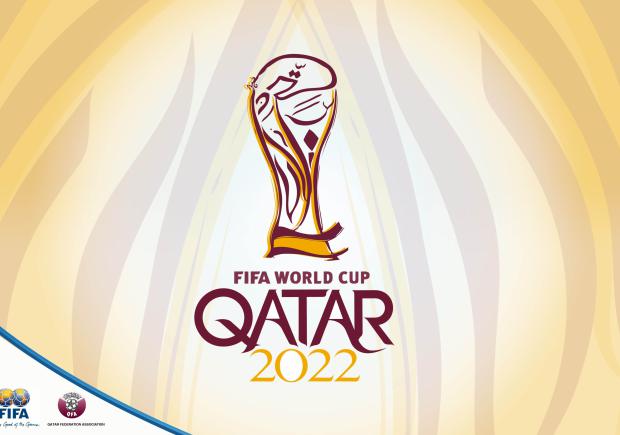Collective phenomena tend to create the illusion of a parallel reality.
With the media noise raised to maximum power to focus attention on the World Cup in Qatar, the real problems that afflict most of the 8 billion human beings who populate – for better or worse – this planet, are concealed behind a façade of enthusiasm for a spectacle whose dark shadows fade as soon as the first kick-off sounds. Thousands of pages have already been written about how this small emirate, ruled with an iron fist by the Al Thani family, was able to host the World Cup, not only about the opaque procedures in the process, but also about the human rights violations of thousands of migrants who were exploited in the construction of the luxurious infrastructure.
The enthusiasm of football fans, which captures the focus of millions of football fanatics as well as the attention of the international media, has left behind the scenes a crucial issue related to the region: the conclusions of COP28, held in Sharm El Sheikh this November. According to Simon Stiell, Executive Secretary of UN Climate Change,
“This outcome moves us forward, it is a historic outcome that benefits the most vulnerable around the world. We have determined the way forward in a decades-long conversation about financing loss and damage, deliberating how to address the impacts on communities whose lives and livelihoods have been ruined by the worst impacts of climate change”.
While those words sound like a promise, the reality is that the UN not only lacks the power to confront the pressures of the corporate world, whose power is even greater than that of its constituent states, but is financially dependent on super-industrialised countries that are, in particular, the world’s biggest emitters of CO2 and whose productive system would be seriously affected by the huge investment required to adapt their methods for the purpose of reducing their carbon footprint. Added to this obstacle is a culture of extreme and unnecessary consumerism – turned into a sign of progress – in these same developed countries and those emerging ones that seek to imitate the stereotype.
One look at the international press on all its platforms is enough to appreciate the enormous impact that this placebo effect – the World Cup in Qatar – has on millions of human beings capable of immersing themselves in fantasy and forgetting everything that has put their survival at risk. In this sense, there is not only the threat of a global conflagration, a product of the war of geopolitical-corporate interests, but also the falsity of governments’ void promises regarding their climate change policies.
While large segments of the world’s population lack livelihoods and sink into poverty and hunger, the obscene concentration of power of a privileged few who, with a tiny portion of their fortunes, would have the power to placate the misery of those who have lost everything in this predatory system, is watched with questionable admiration. The globalist fantasy, however, will not last long enough and the inevitable clash with the reality of climate change, deepening poverty and the challenge of survival will eventually prevail.
The awakening is inevitable and forces us to remain clear-headed in an unhinged world.






